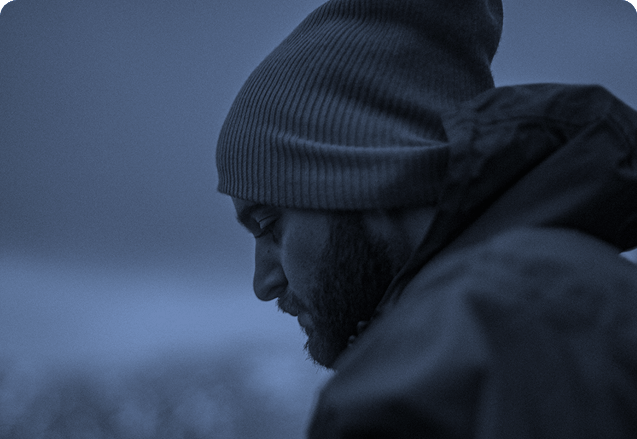I just feel like all the things I love about being single have been stolen from me.
When the COVID-19 crisis effectively shut down our regular lives, seemingly overnight, everyone was affected. However, as the weeks of isolation dragged on, many who were stuck at home with family saw an upside – an opportunity to spend quality time reconnecting without external distractions.
Well… for some, isolation didn’t bring any upside – especially if they were single.
“I just feel like all the things I love about being single have been stolen from me,” said a single friend of mine. “I love my friends. I love going out. I love spontaneity and freedom. I love all the things I am not allowed to do right now! There IS no upside to this for me.”
Social connection is important for all of us – and it’s something that singles are more likely to rely upon.
For those of us who live with partners or family, social connections can be fairly immediate, and automatic. But for single people, these connections generally come from the world beyond home, whether it’s friends from the gym or trivia buddies from the pub. In fact, single people typically have more friends and wider social networks than married people – and they tend to nurture relationships with relatives, neighbours and co-workers more than their coupled-up peers.
But what happens when a single person’s connections become cut off?
It’s become a reality in the time of COVID-19, when our usual options for socialising have largely been removed. For many singles who live alone, it’s been a tough time to endure – especially for the extroverts who previously spent most of their time out and about.
This kind of social isolation isn’t just distinctly un-fun, it poses real risks to a person’s health and wellbeing – and it’s a key contributor to depression and anxiety.
What starts as loneliness can become something much more painful, and as a single person, you may feel like you have no support to help you through the dark days.
When things aren’t OK: the warning signs.
How do you know when your feelings of ‘blah’ are becoming a bigger problem? There are a few signs.
Apart from changes in your mood, you might feel a drop in energy or appetite, or a change in your sleep patterns (like waking up at weird times and being unable to get back to sleep). Another sign you may be depressed is when you lose interest in activities, people or hobbies that used to bring you joy (the ones you’re not banned from, that is!), or an increased reliance on not-so-healthy habits (more on that here).
What can you do?
The first thing to do is acknowledge you’re struggling – it’s OK to not be OK! And the second thing to do is reach out for support in some way, shape or form. Call, message or video a loved one and let them know how you’re feeling. Having regular check-ins can help you feel less unmoored, even if it’s not quite the same as a real-life hug.
Other strategies that can help include:
- Starting a journal to record and vent how you’re feeling (it’s better out than in)
- Finding another single buddy to have a daily or weekly phone catch up (so you’re both accountable and supported)
- Re-connecting with old friends and reminiscing over good times (toxic ex-partners not included!!)
- Making a regular date to exercise with a friend or neighbour (it helps to have something to look forward to)
- Finding something fun to distract you, like a great Netflix show, podcast or a funny Facebook group (with appropriate limits to staring at a screen!)
- Finding an online counsellor, who can give you professional support (without you feeling like you’re burdening someone) – Lifeline Northern Beaches offers professional counselling with no referral needed (more information here)
- Steering clear of the traps that you know make you feel worse (whether it’s alcohol, social media arguments, or watching the news)
While we Aussies are known for our resilience, trying to ‘tough it out’ won’t necessarily be the best approach in these strange times. Your feelings are real and valid – and even if it’s mild depression, you don’t need to tackle it alone.
Do you know someone who’s isolating single?
If you’re juggling other stuff like annoying partners and home schooling, their situation may seem like bliss – but remember that it may be quite the opposite! Take the time to check in and ask if they’re OK. A simple call could be the gesture that makes all the difference.
Words by Emma Heath
Need some support? Here are some of the services available.
Lifeline
13 11 14
24/7 support line. Free call.
Or you can visit our Get Help page to see the local services available across the Northern Beaches.
National Alcohol and Other Drug hotline
1800 250 015
Help for alcohol and other drug issues.
Gambling Helpline
1800 858 858
Available 24 hours a day if you need to speak to someone about problem gambling.
1800RESPECT
1800 737 732
National free, 24/7 hotline for anyone experiencing or at risk of domestic violence.
Men’s Referral Service
1300 766 491
Help for men to stop using family violence.
Mensline Australia
1300 789 978
Support for men with family and relationship difficulties.

